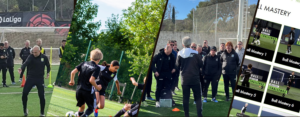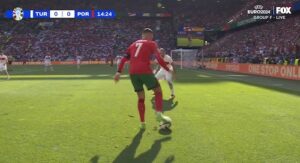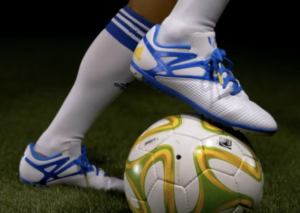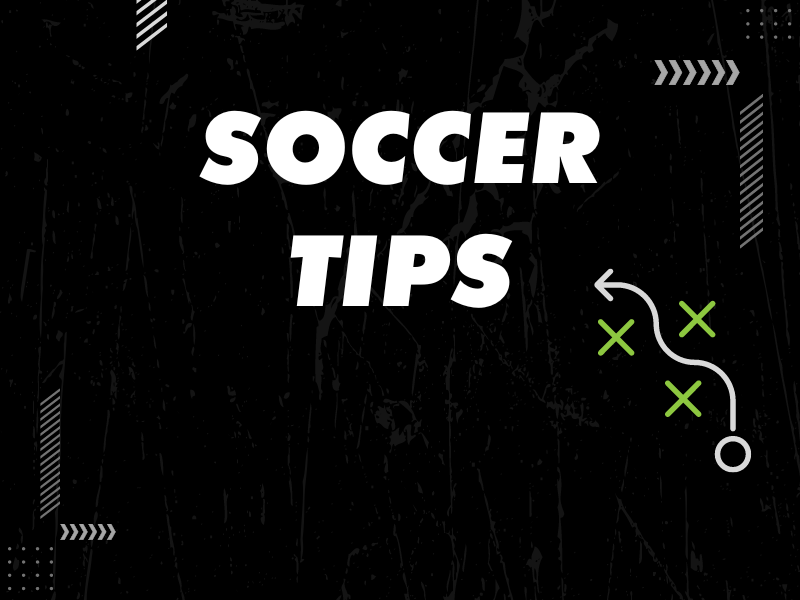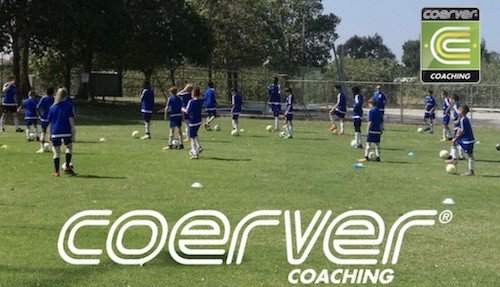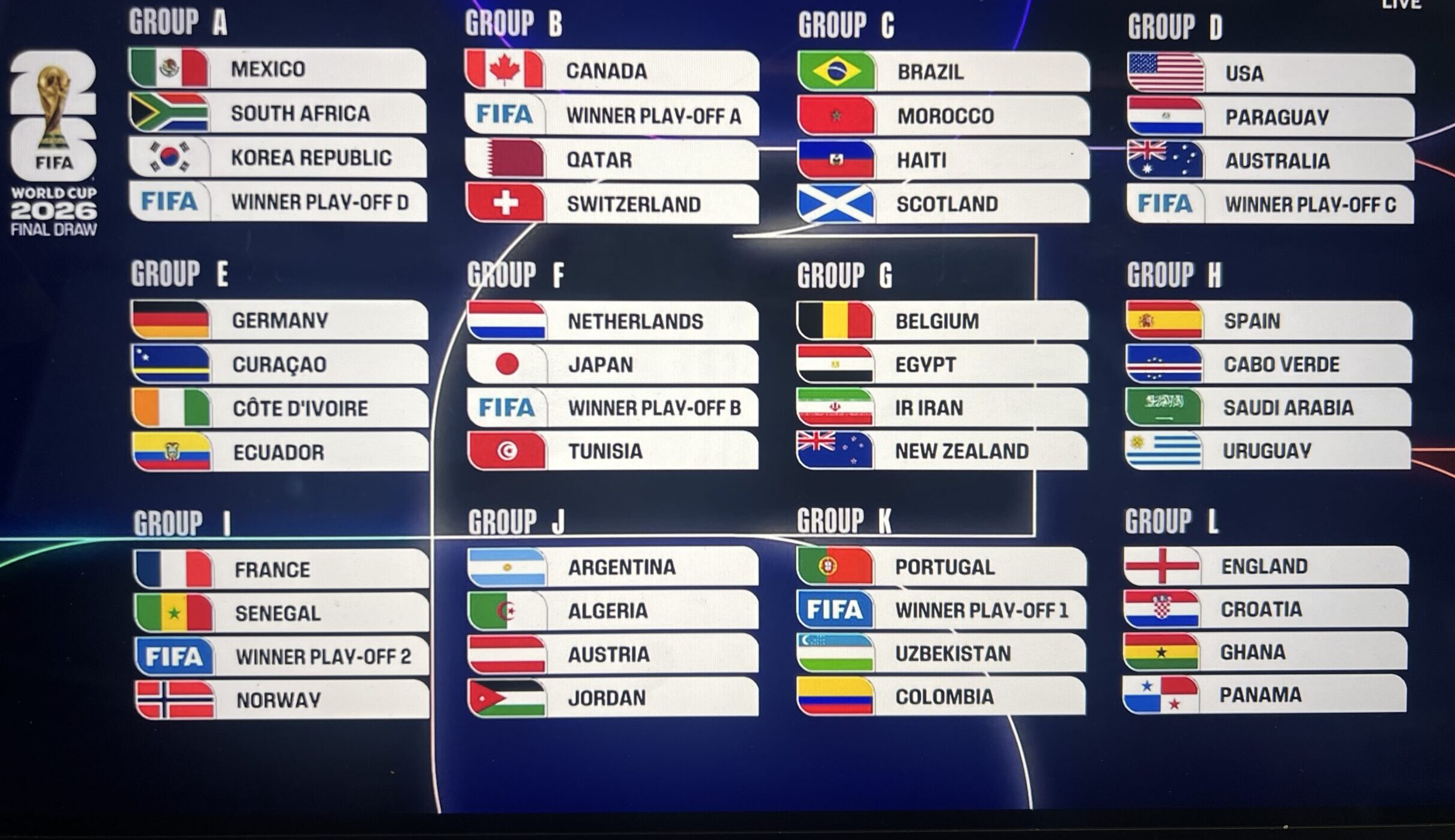Backyard soccer training on your own is how you get better and reach your potential. You have to put the work in and there’s no better way to do it than some backyard soccer training. Christian Pulisic is a player who spent a lot of time on his own training in his yard or he simply found a wall to knock the soccer ball against to worth on his first touch with both feet. Backyard soccer training is about building up your skill level one juggle and kick at at time. Soon your confidence will build as you improve your skill level with work on your own in your backyard.
By Coach V
If you want your son or daughter to develop soccer skills then spend time with them in the yard practicing. Seems obvious, right? Sounds simple, right? Well it is. Youth soccer training begins at home.
Too many youth soccer players don’t spend time with the ball and then get frustrated when they can’t do the things they want to do on the soccer field. As coaches, as parents of youth soccer players, that’s where you come in and help them develop skills on the soccer ball in their own backyards….youth soccer training doesn’t start when they signup for soccer for the very first time.
Soccer Champions Grow In Your Backyard
Have you ever watched youth soccer games and noticed a few players who really stood out as talented? Did you watch with amazement as they dribbled through the crowd of defenders and then finished with that perfect shot? The fact is that all sports, not just soccer, have certain athletes that just seem to amaze us. We as parents want out kids to develop as well, but how do we start? How do we get them to improve? The answer may be right outside your window in your backyard.
Backyard Soccer Training: The common thread among great soccer players….
First, let’s take a look at Tiger Woods. Wait a minute, why a golf player? Because his name is known world wide and we can all relate to his story. For most of his developing life who was his coach and trainer? Who was his only putting coach as he progressed into the Pro years? The answer to both was his dad, Earl.
Was Earl Woods a professional golfer? Not at all, he was a career Army man that had a passion for the sport. He loved golf and he loved his son. He was able to blend time spent together and building a passion for the game, with learning and improving. Much of this time was right in their backyard “messing around”, having fun and exposing a child to new skills and thoughts. There were hours and hours of performing repetitive skills in the form of games and challenges. The same applies for so many great soccer players of our time and we as parents can learn from this example.
Parents are the key even with backyard soccer training…
Ask any great soccer player who played a major role in their soccer growth and 90% of the time the answer will be “Mom or Dad”. When we developed the SoccerU series we specifically had this in mind. Whether it was the level of support or the time at night and weekends spent in the back yard just “messing around”, parents are often the engine behind developing talent, not the coach.
Each night I drive by our local public fields and sure enough there is a parent and child on the field working on skills or just “messing around” together. These small little sessions play such a major role in a youth player’s development, I can’t stress them enough. Last year I worked with several former Division One college players and the same was true. Their “parents” were the reason they were able to achieve such success. None of these parents were “pro soccer players” so how did they help that struggling child? I will explain.
Watch your next few soccer practices…
Let’s say that a young soccer player, over their development cycle, needs to learn and master 75 core skills. These will include everything from learning the difference between an offensive header and defensive header to receiving a pass under pressure and proper first touch. Whether the skill is basic like dribbling or advanced like performing a volley kick, each of these individual skills must be shown, taught and practiced repeatedly.
However, you’ll notice that over the course of a soccer season players may only learn one to four new skills. Often after learning them, they seldom return to practice them in a repetitive session. At that pace they will hit the “competitive level” without ever really refining all the core skills.
Now, don’t go blaming the soccer coach…
The first thing you realize when you become a soccer coach is that you are missing one thing, TIME. Working in the “group” means that all the players must be trained together. All their levels of skills, behavior and learning must be viewed as a whole, and one on one / individual training is almost never done. One to three hours a week for few weeks in the spring and fall is simply not enough time. You are also supposed to get this “motley crew” to play together as a team and hopefully win at least one game.
You will quickly see how many youth soccer players can hit the middle school and even high school level with very few refined technical skills. As players get older the focus switches to “competing”. We often see less and less time spent on core technical training which is a huge mistake.
Backyard soccer training: 1000’s of touches and hours of repetition…
Charlie Cook, the director of Coerver Training US, emailed me last year. He was reflecting on watching the national team and a player that received a long air pass. The player, with out any effort, gently touched the ball once and killed it into his path. “An amazing sight to see.”
However he quickly pointed out that this was not a god given talent. This player was not born with this touch nor did he learn it just “playing the game”. He learned it by practicing it over and over. Thousands of touches and repetition until this soccer skill was a part of his nature, “instinctive”. His point was clearly made. To have a skill become “natural or instinctive” it must be repeated over and over until we no longer have to “think about it”. It becomes a habit that the player performs without thought.
This is where the back yard soccer training begins…
We, as parents must become teachers. We must be able to identify skills in their raw form and learn how to perform them correctly ourselves. We then must be able to tell and show a child visually how to properly perform the skill. After many short repetitive sessions it will eventually allow them to feel it and let it become part of their nature. Until we do this, it will never become an instinctive habit.
Parents however, sometimes feel “lost” and don’t know where to begin, how to progress or even how to teach these skills. You do not have to become a “professional soccer player”. You simply must learn to teach what your child will not be taught during the “normal development cycle” of their soccer career. Hence the 10 hours of skills breakdown on SoccerU.
Watch out for the frustration…
A simple warning for parents is to be aware that younger players often become frustrated easily. Our goal is to keep it fun and make sure the child feels like these are THEIR sessions and not forced on them. Keep them short and mix them in with what the child wants to do. Maybe they want to be goal keeper, maybe they want to take penalty shots on mom or dad. Whatever it is, keep the training divided in half. Half learning and repetition and half fun and games. Create challenges and even have fun goals to achieve. There is nothing better than a challenge between the child and parent.
There always is a soccer parent…
In the US pickup games and free play soccer has almost become extinct. The extra hours of needed play and skill work now has to come from the parent. Parents often search for the “perfect soccer camp” spending hundreds even thousands of dollars on camps that might only last 2 – 5 days. These are great for social development but offer little improvement in what the players need.
When I meet a talented young soccer player I always ask them, “Who taught you how to play?” Every single player over the past two years has responded the same way, “My Mom / Dad.”
Make sure you realize the importance of “off program” training and make sure you understand the importance of the backyard. Cherish this time as not only soccer training, but bonding as well. Always remember that they are KIDS first, not soccer players, and nothing says “good work” like a stop for ice cream on the way home.
- Best Formations for Youth Soccer
- Your Child’s Soccer Tool Bag is Long Term
- How to Kick a Soccer Ball
- You Have the Soccer Ball, So Now What?
- Build a Soccer Champion Part I
- Build a Soccer Campion Part II
- Eating Right for Soccer
- Soccer Experts Are Created, Not Born
- Getting Older Getting Worse
Learn more at SoccerU


